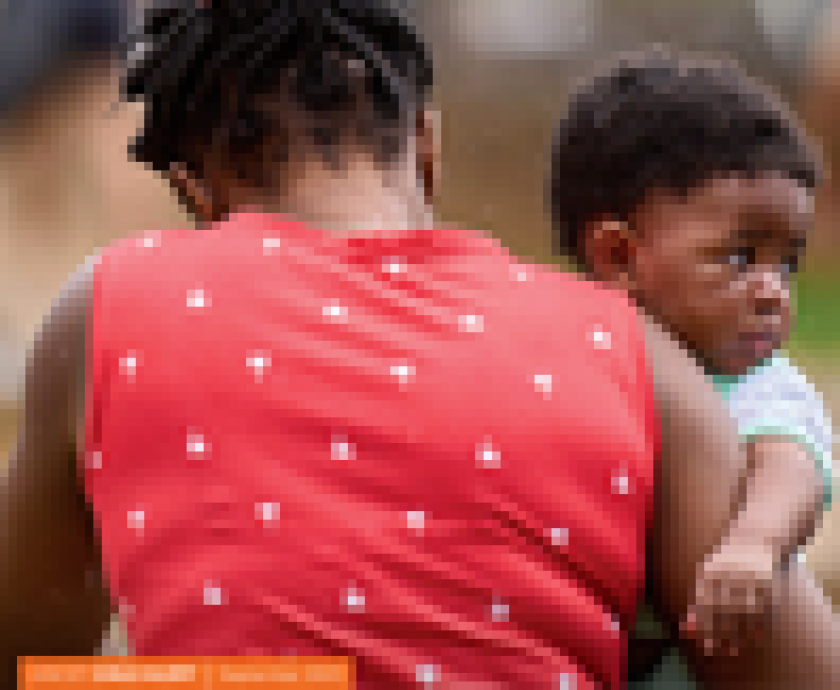A volunteer checks the temperature of passengers arriving at a railway station in Peshawar, Pakistan, March 17, 2020.
© 2020 AP Photo
(New York) – Pakistani authorities should take urgent steps to ensure that prisoners and detainees have access to adequate medical care and protective measures against COVID-19, Human Rights Watch said today. Prisons, jails, and detention centers should also consider reducing their populations through appropriate supervised or early release of low-risk detainees.
Pakistan has at least 301 confirmed cases of the coronavirus disease with at least 2 deaths, though with little testing available, the numbers are likely much higher. The risk of contagion is particularly serious in Pakistani prisons, which are significantly overcrowded. COVID-19, like other infectious diseases, poses a higher risk to populations living in close proximity. A November 2019 government report said that Pakistan had 77,275 inmates in 114 prisons, which have a total capacity of 57,742. The majority are undergoing trial and have not been convicted.
“The Pakistan government has an obligation to uphold access to health care for everyone, including prisoners and detainees, who are among the most vulnerable groups,” said Brad Adams, Asia director. “The coronavirus poses a global challenge and Pakistani authorities should urgently act to limit the chance of a catastrophic outbreak in prisons.”
In January 2020, a judicial inquiry commission found that almost 2,400 prisoners already suffer from chronic contagious diseases such as hepatitis, HIV, and tuberculosis. A lack of adequate medical facilities and doctors for prisoners has exacerbated the situation. According to the commission, half of the positions for prison medical staff are unfilled, and there are shortages of medical equipment and ambulances.
Pakistani authorities have taken some steps to mitigate the impact of the infection in the prison population. On March 16, the Sindh provincial government began screening inmates and prison staff for COVID-19. The Sindh and Khyber-Pakhtunkhwa governments have decided to release prisoners 60 days early, and have released many prisoners. And the Punjab government said it was creating isolation centers for prisoners.
Pakistani federal and provincial governments should consider reducing their prison populations through appropriate supervised or early release of low-risk detainees, including, for example, those scheduled for release soon, those who are in pretrial detention for nonviolent and lesser offenses, and those whose continued detention is similarly unnecessary or unjustified. Detained people at high risk of suffering serious effects from the virus, such as older people and people with underlying health conditions, should also be considered for early release, taking into consideration the gravity of the crime committed and time served, especially if the detention facility has no capacity to protect their health and guarantee access to treatment.
Prison and government authorities should publicly disclose their plans to reduce the risk of coronavirus infection in their facilities and the steps they will take to contain the infection and protect prisoners, prison staff, and visitors, if cases of the virus or exposure to it are present. Detained people have the same right to health as the non-incarcerated population and are entitled to the same standards of prevention and treatment. The detained population and the general population have a compelling interest in knowing the authorities’ plans for handling COVID-19.
Prison authorities should:
- Ensure they appropriately coordinate with public health departments and communicate openly with staff and people in custody
- Screen and test for COVID-19 according to the most recent recommendations of health authorities
- Provide appropriate hygiene training and supplies and ensure that all areas susceptible to harboring the virus and accessible to prisoners, prison staff, and visitors are disinfected regularly, consistent with accepted best practices
- Develop plans for housing people exposed to or infected with the virus
- Ensure that individuals released or put on supervised leave have access to appropriate accommodations and health care
- Limit any plans for lockdowns or isolation in scope and duration based on the best science available, and ensure that such measures are not seen as punitive, as fear of being placed in lockdowns or isolation could delay inmates notifying medical staff of symptoms of infection
“The Pakistani government’s longstanding failure to ensure hygienic and humane conditions in prison and other detention facilities is amplifying the threat posed by COVID-19,” Adams said. “Immediate and urgent steps should be taken to mitigate the risks and hopefully start a journey towards systemic, large-scale prison reform.”



